US biggest profiteer of Europe energy crisis: Experts
The European Union has turned to the United States in order to deal with its worsening energy chaos, making Washington the biggest profiteer of the Russia-Ukraine crisis, experts say.
"The US has gained the most from the energy crisis by opening up a huge market for American gas suppliers, tightening its grip on Europe and hurting Russia's key export," China's Global Times cited international affairs experts as saying.
The United States exported 68 percent of its LNG sources to Europe during the first six months of 2022 compared to only 35 percent last year, it noted in a report on Saturday.
The experts note that the EU, ahead of the winter, will have to ramp up imports of liquefied natural gas (LNG) from alternative supplies, mostly American LNG companies, it added.
According to Lin Boqiang, director of the China Center for Energy Economics Research at Xiamen University, Europe is determined to reduce its energy dependence on Russian gas, therefore, accepting the huge difference in gas costs of LNG compared to pipeline due to transport costs as “the world's energy landscape is undergoing a huge restructuring due to geopolitical factors, accompanied by soaring prices and supply shortages."
Zhao Lijian, spokesperson of China's Foreign Ministry, blamed the Ukraine crisis on the United States and commented that the biggest winner sitting across the ocean and profiting from the crisis is Washington.
Zhao also said on Friday that he is aware of reports that the gap between gas prices in the European and US markets is now as much as 10 times, a record high.
According to Business Insider, American companies are making more than $100 million per container ship of LNG bound for Europe, while the demand for LNG ships is also on the rise.
"The EU needs more time to get it prepared for reducing its dependence on Russian gas, which includes but not limited to more LNG ships and more gas storage facilities," Lin said.
In June, the Russian gas giant Gazprom curtailed its gas supply to Europe by 40 percent. Then, it drastically cut the deliveries through the pipeline to about 20 percent of its capacity in July.
On Wednesday, Gazprom suspended natural gas flows via Nord Stream 1 pipeline, saying the stoppage would last for three days.
However, on Friday the company said it extended the shutdown over a technical fault, providing no timeframe for a reopening.
The latest announcement came on the same day as the G7 nations said they would work to quickly implement a price cap on Russian oil exports in a bid to curb Moscow’s revenue from oil sales.
While the EU has accused Russia of cutting supplies in retaliation for the sanctions, Moscow has denied the accusation while insisting that the sanctions have made the technical maintenance of the pipeline very difficult for the Russian company.
Wholesale Dutch gas prices, the European benchmark, have climbed by more than 400 percent since last July, with Dutch Energy Minister Rob Jetten insisting, “If Nord Stream gets cut off, or if Germany loses all its Russian imports, then the effect will be felt on the whole of north-western Europe.”

French leader decries ‘unprecedented diplomatic scandal’ after Israel bars European MPs
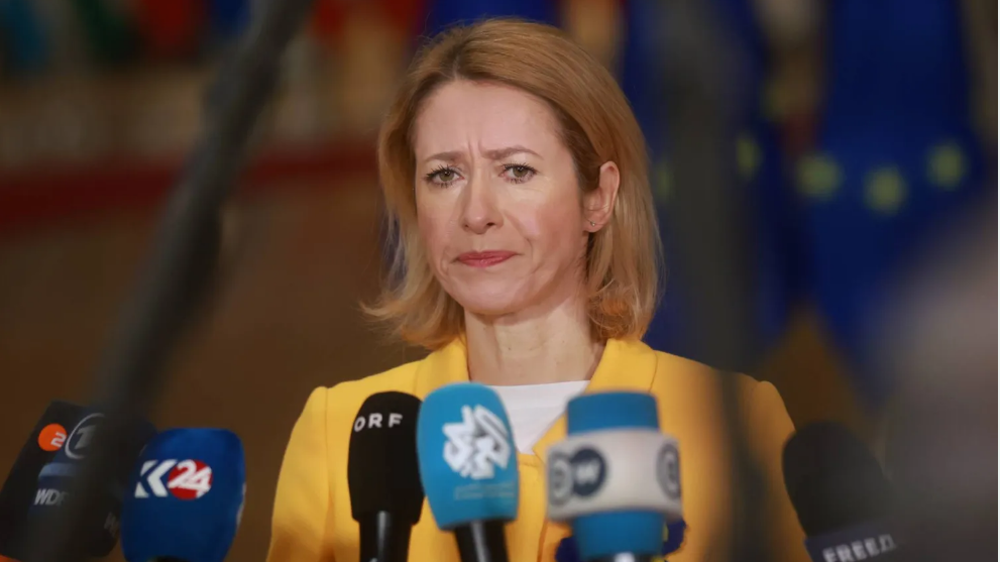
EU imposes new sanctions on Russia on third anniversary of Ukraine war
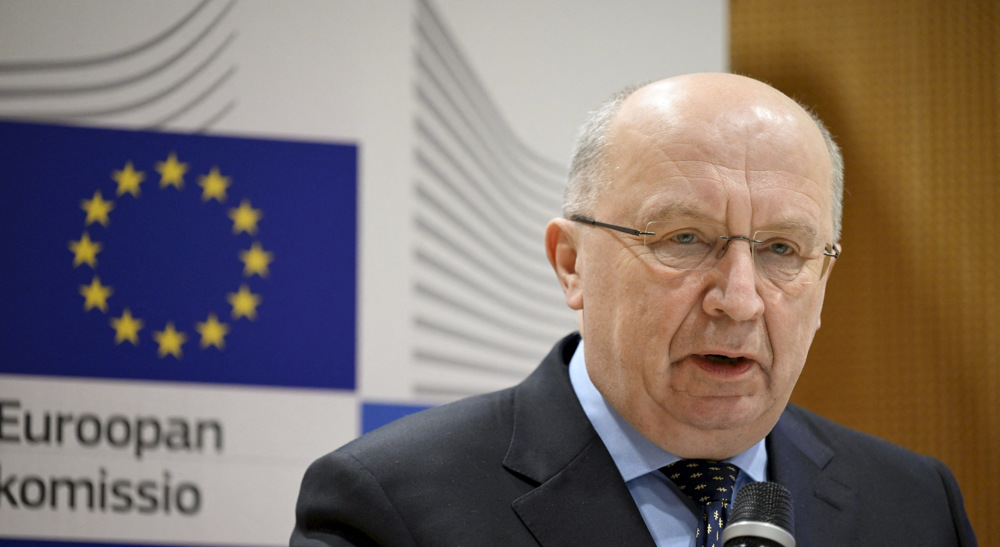
EU weighting new aid package to Ukraine ‘to show support’ amid rift with US
Iranian flotilla makes port call in India with 'friendship message'
How UK counter-terror police colluded with Zionists to detain me after Beirut trip
Biden, Blinken, Austin referred to ICC over Gaza war crimes
EU will 'do the same' if US implements tariff hikes: France
VIDEO | Press TV's news headlines
British celebrities condemn BBC removal of Gaza documentary
Iran Army acquires tactical vehicles, audio surveillance systems
VIDEO | UK police detain anti-Zionist scholar upon return from Lebanon


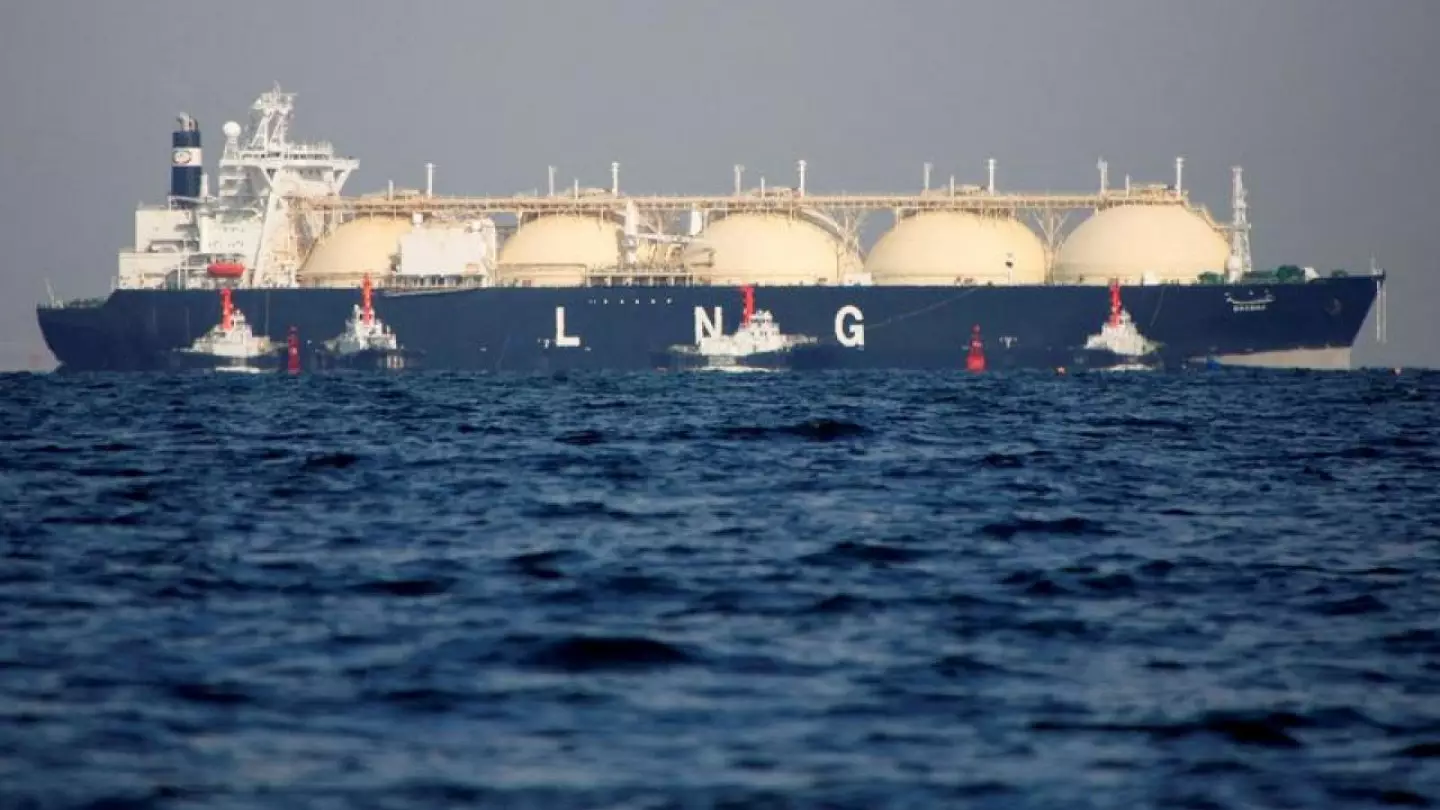
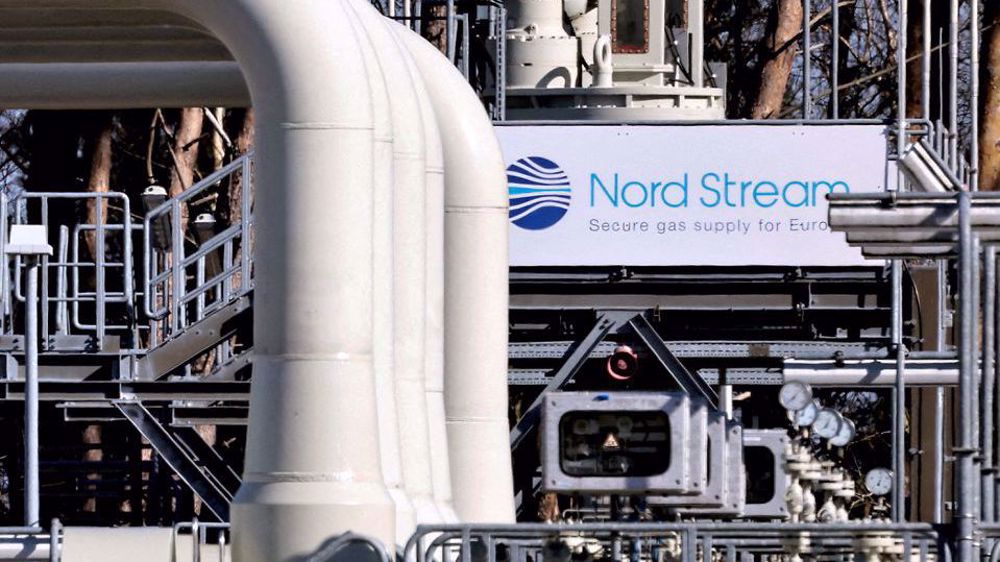
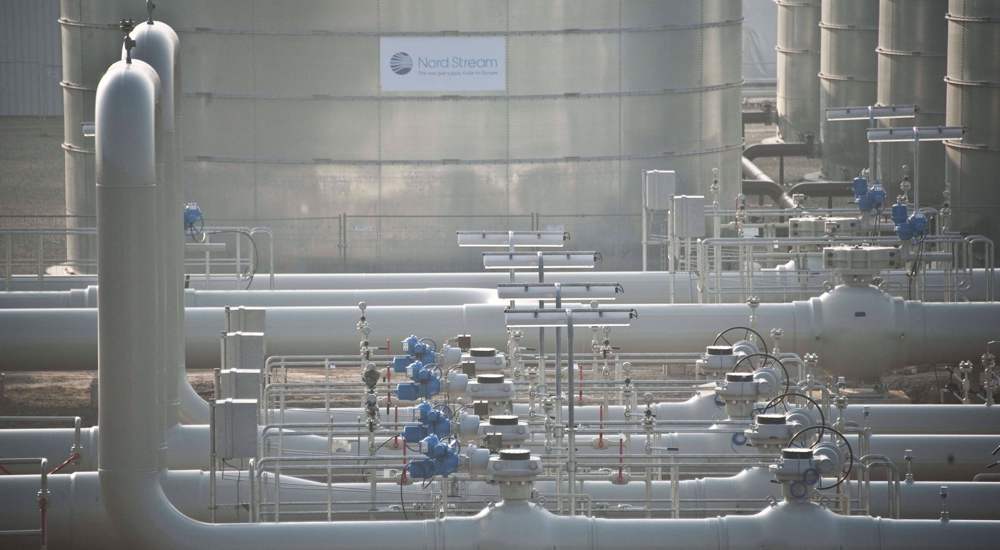



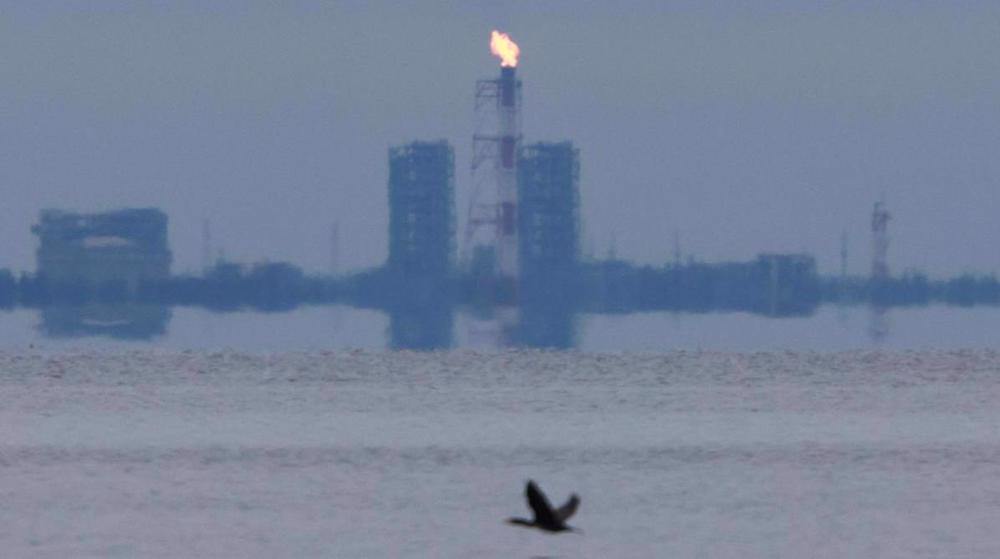
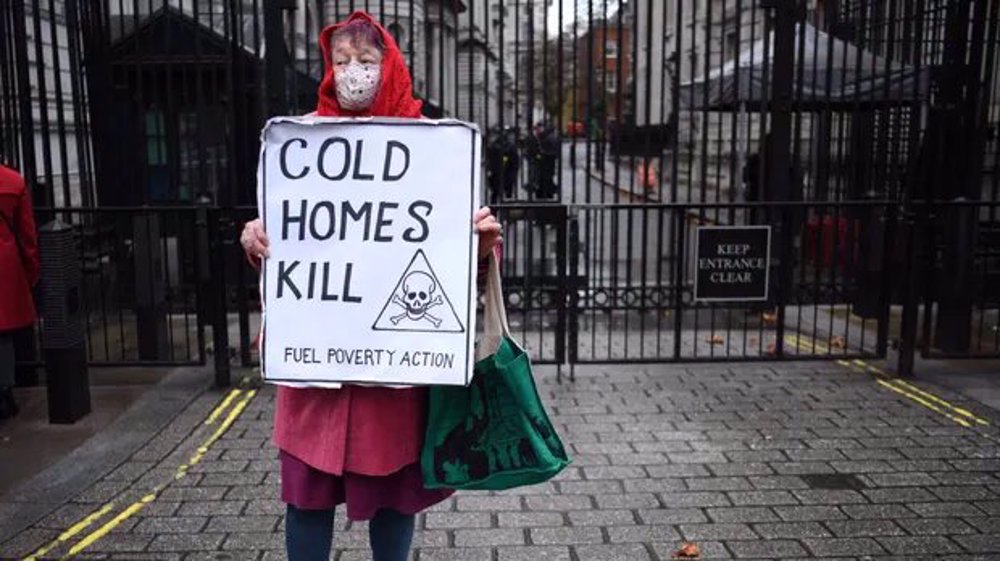
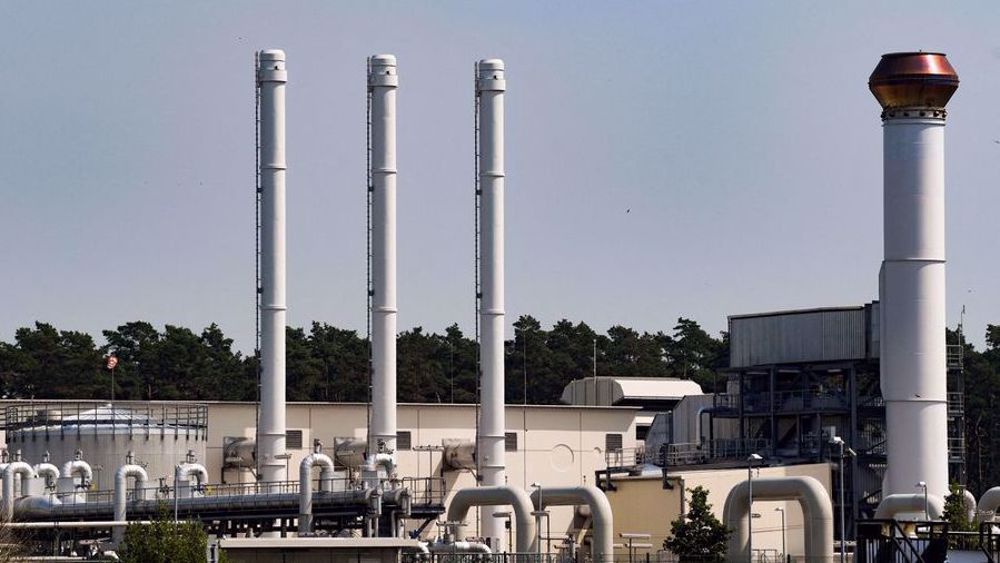
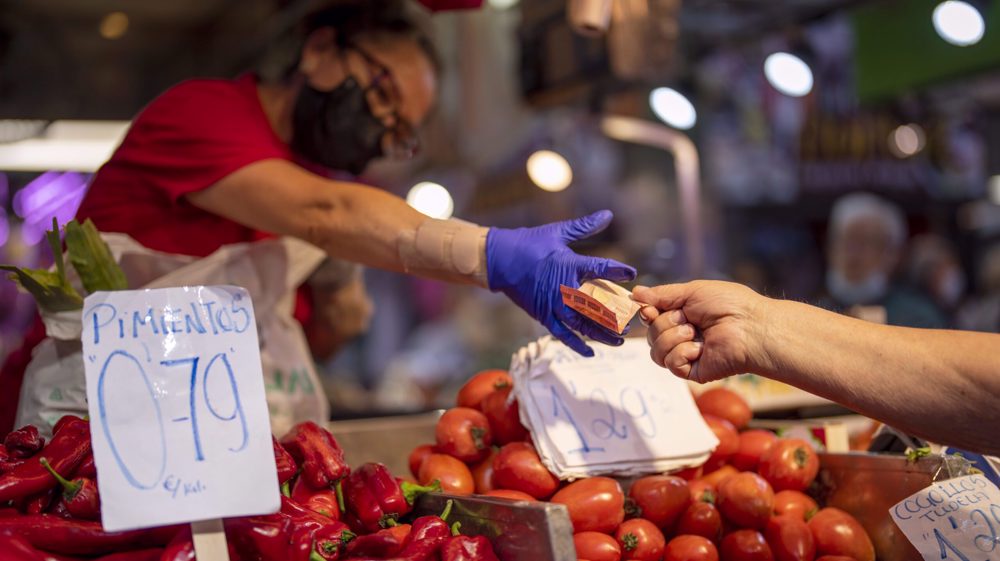
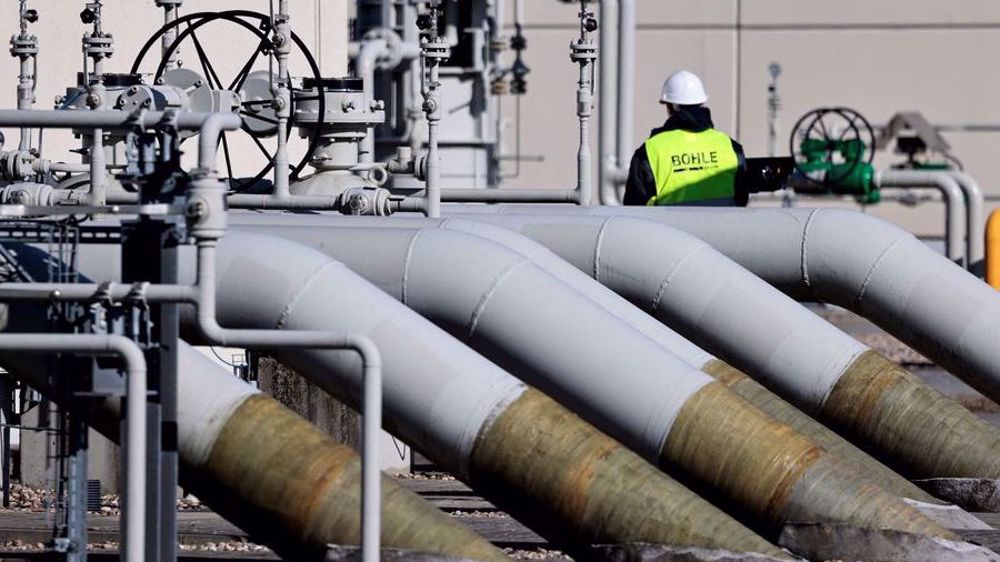
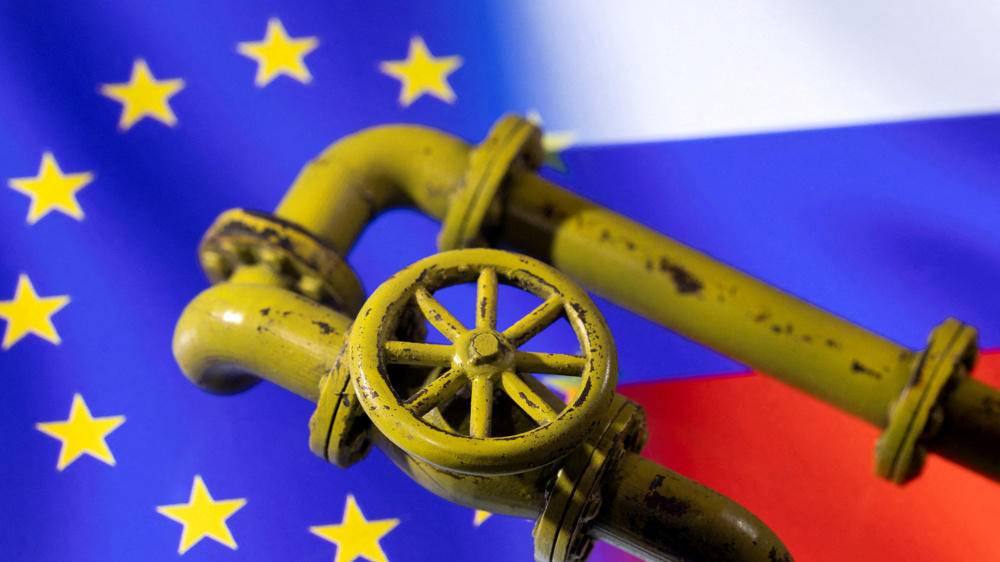

 This makes it easy to access the Press TV website
This makes it easy to access the Press TV website